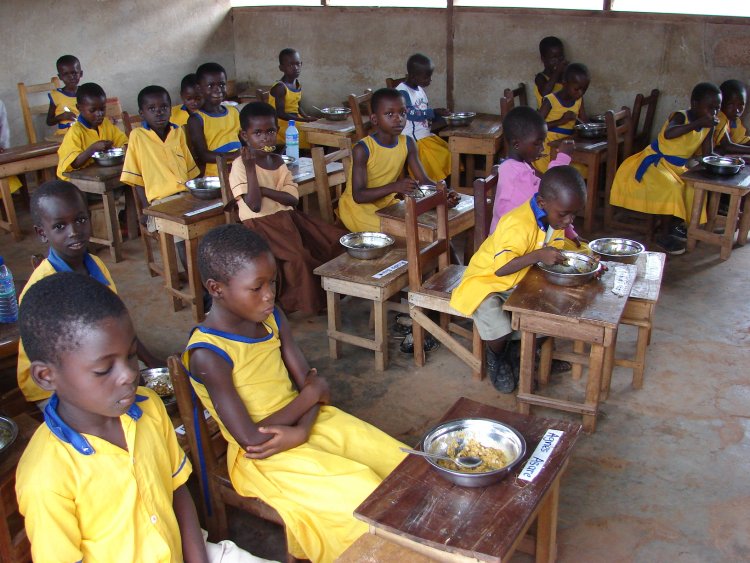Access to Education for African Children is an Imperative to Achieve Long Lasting Development

21-10-2022
Beatrice Serra
International Justice and Human Rights Researcher
Global Human Rights Defence
Education in Africa is of major concern, particularly considering that the continent hosts the youngest population worldwide. Yet, “children on the continent are five times less likely to learn the basics than those living elsewhere”, African leaders warned. Over the past three decades, the African continent has experienced a sharp decline in the literacy rate of young people, with sub-Saharan African counting the highest rates of education exclusion. (UN News, 2022; UNESCO, n.d.)
Education is a fundamental human right every child is entitled to. Yet, famine, diseases, lack of school materials and facilities amids conflicts and climate shocks make it difficult for young Africans to enjoy their rights. The rate of girls out of school is majorly worrying, with 9 million girls between 6 and 11 excluded from school; boys out of school amount to 6 million. (UNESCO, n.d.; Isaac Kaledzi Accra, 2022) Moreover, the COVID-19 pandemic has forced thousands of children to stay out of school, many of which have not returned when the emergency was over.
Presenting the findings of the first of a three-part series of Spotlight reports on foundational learning in Africa, entitled Born to Learn - published by the Global Education Monitoring (GEM) Report at UNESCO, the Association for the Development of Education in Africa (ADEA) and the African Union - Manos Antoninis, Director of the GEM Report, and Albert Nsengiyumva, Executive Secretary of ADEA warned about the devastating social and economic consequences of low learning outcomes in Africa. However, increased efforts and awareness can shift the narrative, and positive progress is still feasible for children in Africa. Providing basic support for teachers in order to enhance their capacities, provide adequate learning materials for all children as well as available teaching in their home language is crucial. Such key points are the foundation on which to develop a clear plan to improve learning by defining learning standards, setting targets and monitoring outcomes to inform the national vision. This is the way towards achieving quality education for all in Africa. (UN News, 2022)
Sources and Further Readings:
Isaac Kaledzi Accra (January 24, 2022), Why education remains a challenge in Africa, Deutsche Welle (DW), retrieved on October 21st, 2022, from https://www.dw.com/en/africa-right-to-education-remains-a-challenge/a-60518000
UNESCO (n.d.), Education in Africa, UNESCO, retrieved on October 21st, 2022, from https://uis.unesco.org/en/topic/education-africa.
United Nations (October 20, 2022), Children in Africa five times less likely to learn basics: New report, UN News, retrieved on October 21st, 2022, from https://news.un.org/en/story/2022/10/1129727.




 GHRTV
GHRTV 




























